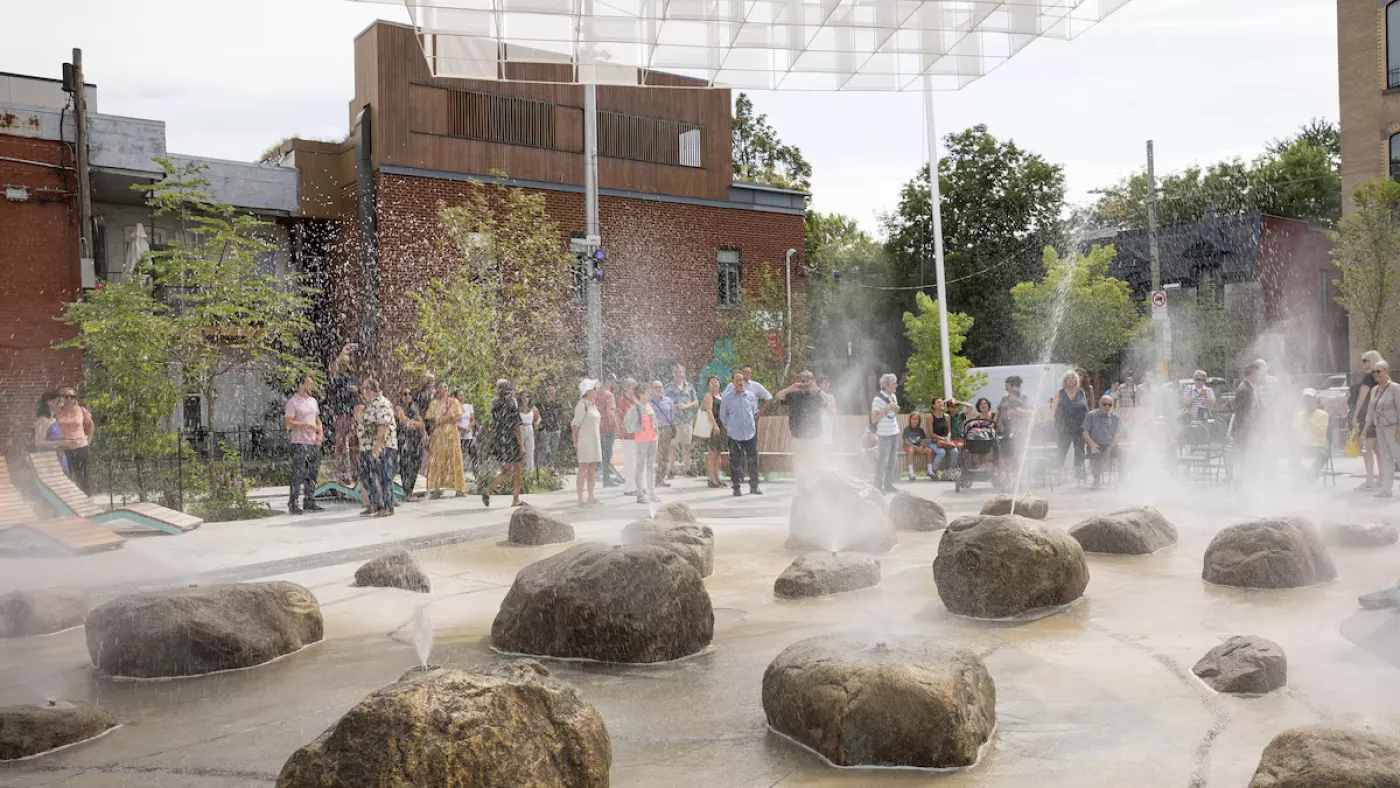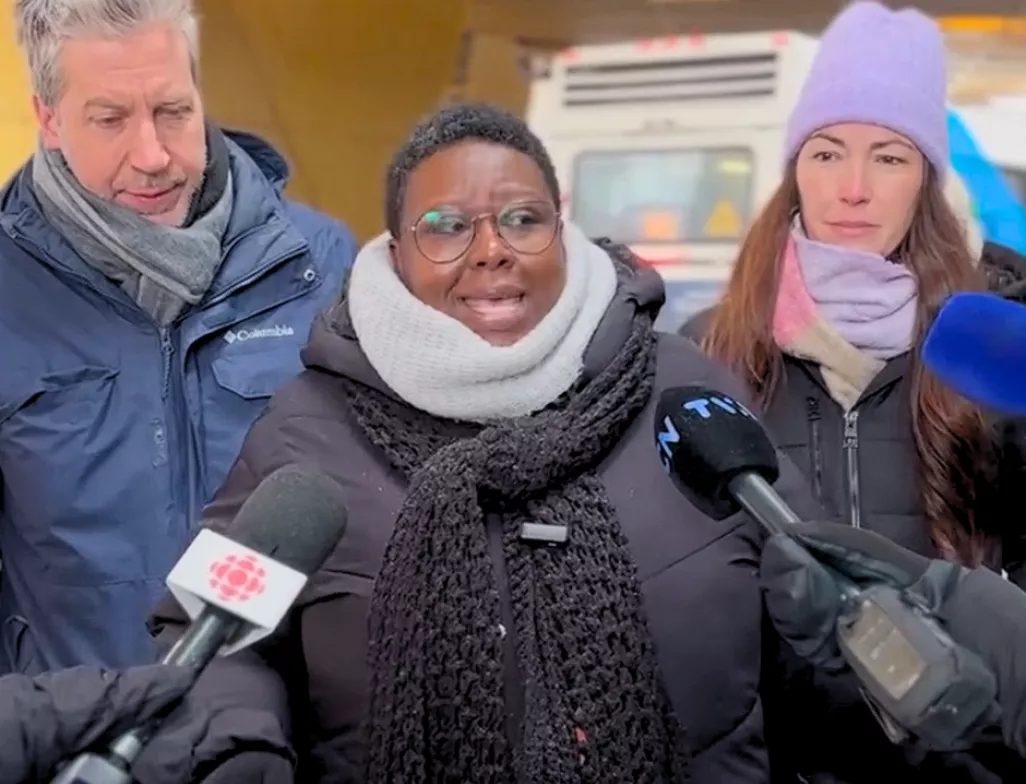As the Montreal Climate Summit gets underway, the City of Montreal unveils its first action plan on flood resilience.
In order to cope with episodes of intense rainfall that will become increasingly frequent as a result of climate change, the City has developed an ambitious action plan to make the city more resilient. Thanks to the collaboration of the Water Department, the Housing Department, the Urban Planning and Mobility Department and several other municipal entities, this action plan represents an integrated and comprehensive strategy that will help mitigate the impacts of climate change on the city and its inhabitants. The plan has three components:
- Support owners in the process of adapting their buildings;
- Focus on prevention by adapting regulations;
- Seize every opportunity to continue building resilient infrastructures.
The first part of the plan presents a proactive vision to support property owners in adapting their buildings to better withstand flooding. This assistance will take several forms, including financial and technical. For example, Montreal wants to enhance the RénoPlex grant program to provide financial assistance to homeowners affected by flooding to undertake work to better protect their homes.
The second part of the plan calls on the city to use all the levers at its disposal to adjust urban regulations to ensure that new constructions are resilient to flooding, while avoiding generating new fragilities. These levers include the integration of specific provisions into the new 2050 Urban Planning and Mobility Plan.Finally, Component 3 of the action plan is a crucial component that relates to the City's primary mission. This component aims to strengthen municipal capacities in the face of extreme climatic events, with measures to accelerate major investments in “sponge” infrastructures, which allow stormwater to be retained. In this regard, 400 sponge sidewalks and over thirty sponge parks will be built by 2024-2025. Over the next 10 years (PDI 2023-2032), $142 million will be invested in green and resilient infrastructure.
Planning or construction work is currently underway on 14 new parks, and a further 20 or so are in the design phase. In all, projects completed by 2024-2025 will enable the temporary retention of over 11,000 m3 of water.
These include the Gorilles sponge park in Rosemont-La Petite-Patrie, the Pierre-Bédard sponge park in Mercier-Hochelaga-Maisonneuve, and the Joseph Street sponge park in Verdun, where construction will begin shortly.
Considering the need to accelerate the adaptation of Montreal's territory, and this, in all four corners of the city, Montreal is systematically adding green infrastructure to all surface development projects, particularly those involving public spaces and parks, but also street repairs.
“The frequency and force of heavy rainfall events, which affect the quality of life of the population, force us to implement ambitious and concrete measures to significantly reduce their impact on our daily lives. This action plan represents our commitment not only to efficient public infrastructures, but also to a safer metropolis that's better adapted to the challenges of the future. We can no longer repeat the same thing over and over, and at every opportunity, our parks are becoming sponge parks, our streets are welcoming new safe cycling links, our underground infrastructures are better adapted to heavy rainfall and our new neighborhoods are maximizing the number of dwellings to facilitate the use of public transit. Every effort is being made to adapt the territory, and this plan will enable us to intensify our efforts throughout Montreal,” declared Montreal Mayor Valérie Plante.
“This well-thought-out, comprehensive action plan of unprecedented scope marks both an organizational and technical turning point in our flood risk management in Montreal. We are now witnessing a real paradigm shift in stormwater management, and it is supported by all municipal departments. By supporting the population in adapting their buildings, reinforcing prevention through appropriate regulations and accelerating the creation of sponge infrastructures for effective stormwater management, Montreal is using all the levers at its disposal to protect the quality of life in all the city's neighborhoods and meet the needs of today and future generations,” declared Maja Vodanovic, responsible for consultation with the boroughs and water on the executive committee.



